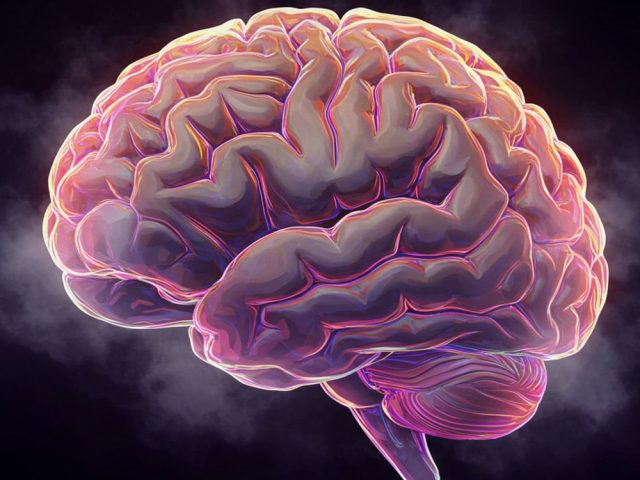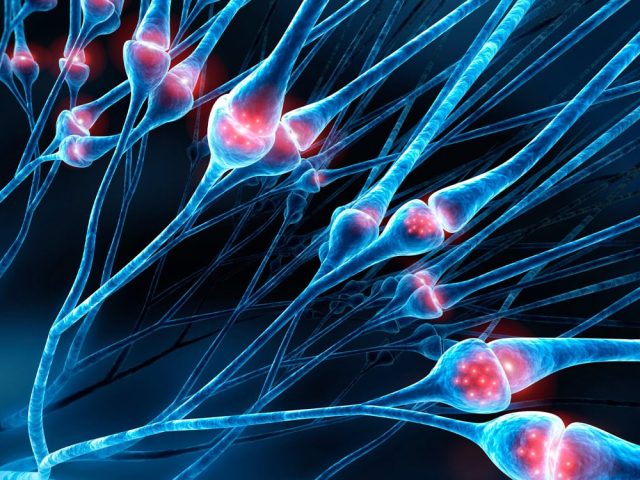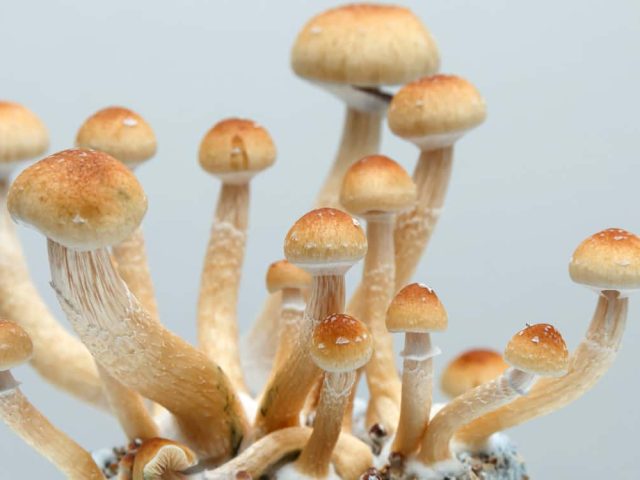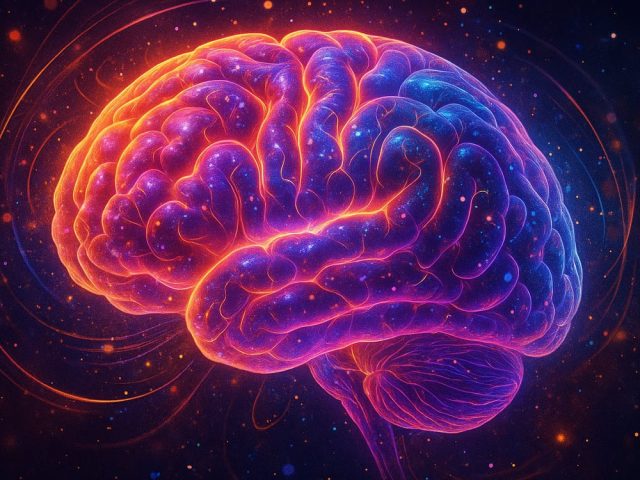A new study published in the Journal of Psychopharmacology suggests that people who had consumed classic psychedelics before experiencing an extreme traumatic event reported lower levels of anxiety and post-traumatic …
 Psychopharmacology
PsychopharmacologyPsychedelics may buffer against PTSD, finds new study of survivors of Nova music festival massacre
 Neuroscience
NeuroscienceNeuroscientists just discovered a fascinating fact about the grooves in your brain
A new study published in The Journal of Neuroscience offers insight into how small grooves in the brain’s surface — known as tertiary sulci — might help explain individual differences …
 Psychopharmacology
PsychopharmacologyAyahuasca entity encounters linked to lasting religious belief changes, especially in men
An online survey of ayahuasca users found that non-religious individuals tend to become more religious after experiencing entity encounters while under the influence of the substance. Although men were less …
 Neuroscience
NeuroscienceStudy links anorexia nervosa to elevated opioid receptor levels in brain’s reward centers
A new neuroimaging study published in Molecular Psychiatry provides evidence that anorexia nervosa is associated with altered activity in the brain’s opioid system. Women with anorexia had higher levels of …
 Psychopharmacology
PsychopharmacologyPsilocybin therapy shows similar benefits for patients with and without recent antidepressant use
Stay informed on the latest psychology and neuroscience research—follow PsyPost on LinkedIn for daily updates and insights. A new study published in The Canadian Journal of Psychiatry suggests that individuals …
 Psychopharmacology
PsychopharmacologyPsychedelic experiences can both cause and resolve spiritual struggles, study suggests
A new study published in Psychology of Religion and Spirituality explores how psychedelic experiences relate to people’s spiritual struggles. Some participants associated their experiences with a sense of spiritual growth, …
 Psychopharmacology
PsychopharmacologyCommon sleep aid blocks brain inflammation and tau buildup in Alzheimer’s model
A recent study published in Nature Neuroscience provides evidence that lemborexant, a medication used to treat insomnia, can reduce brain damage linked to Alzheimer’s disease in a mouse model. The …